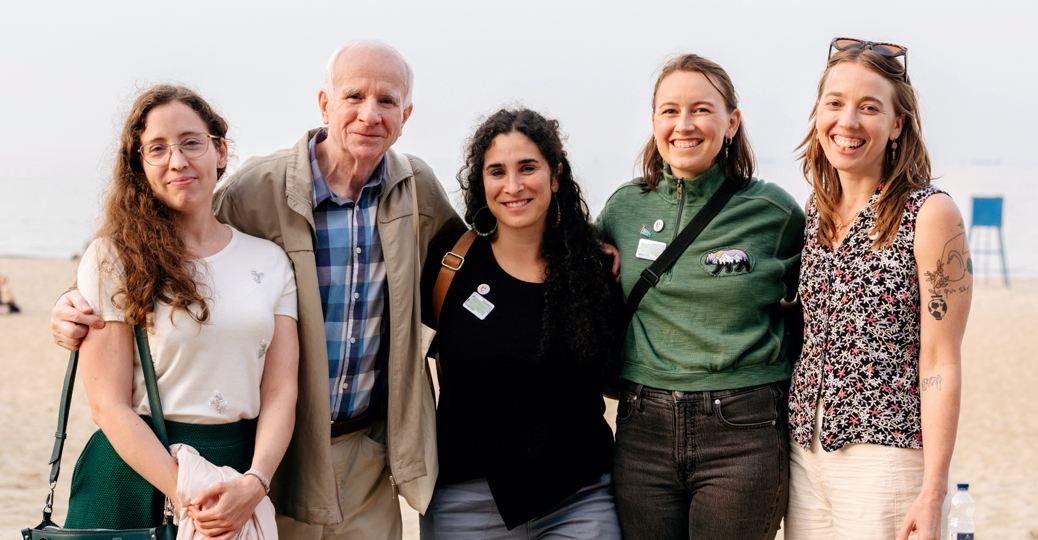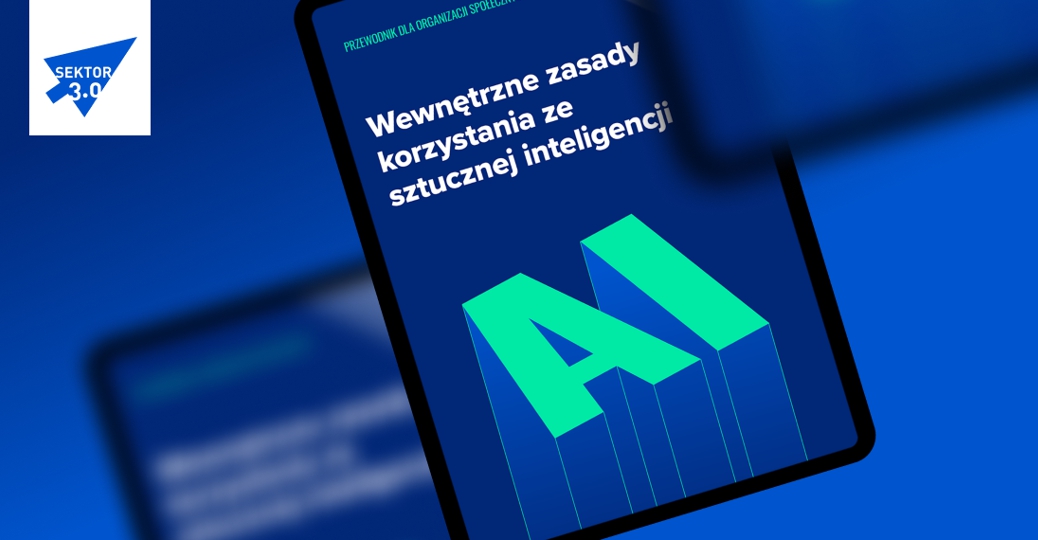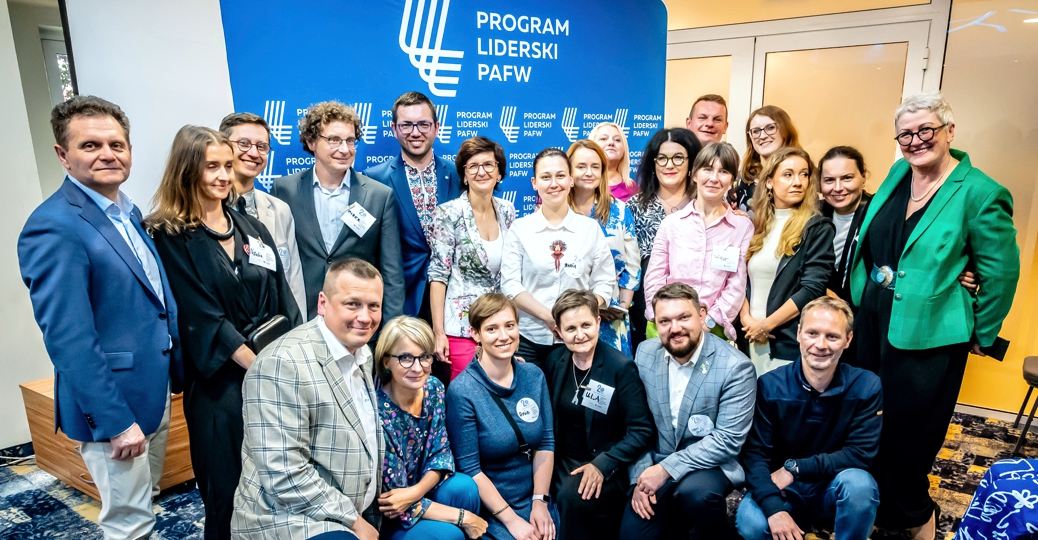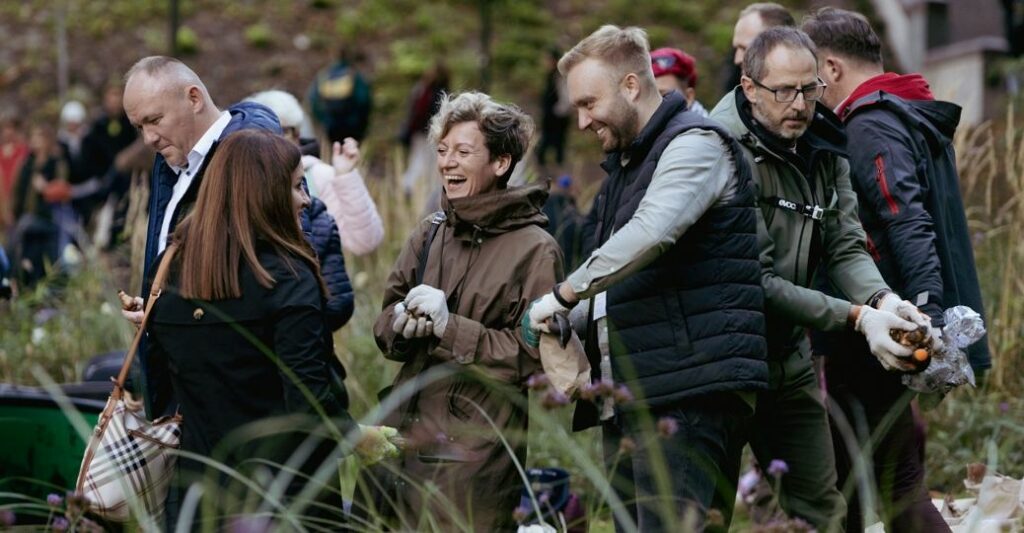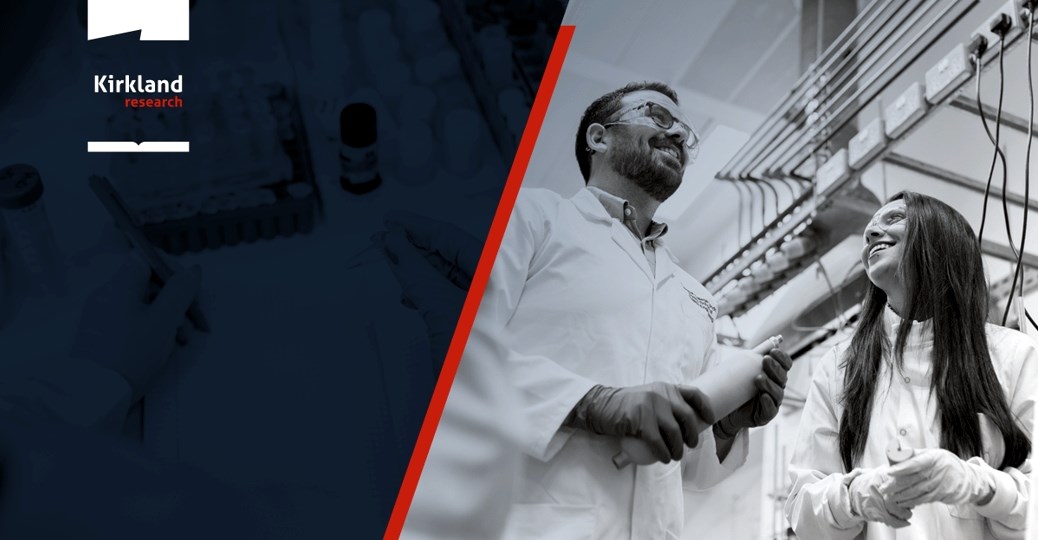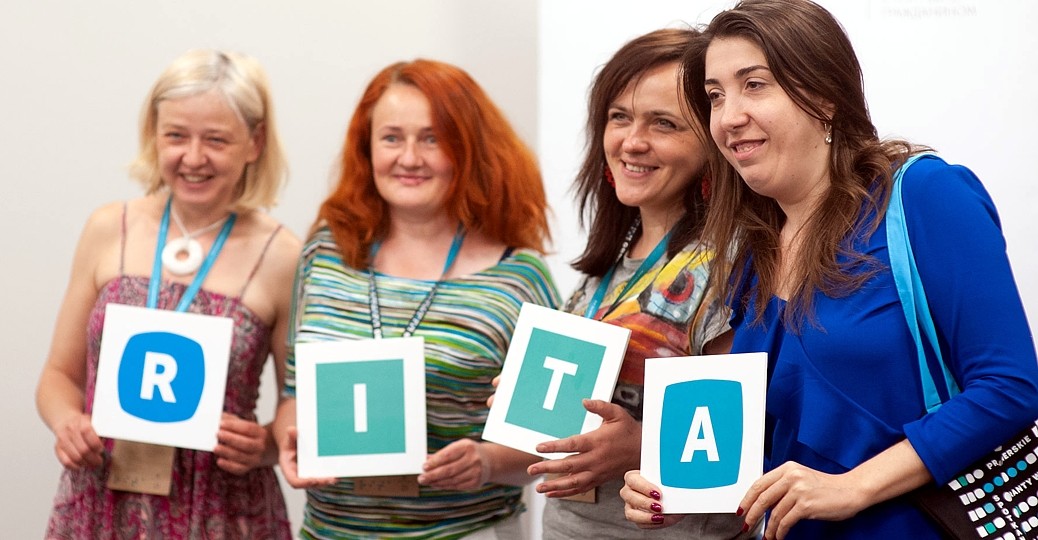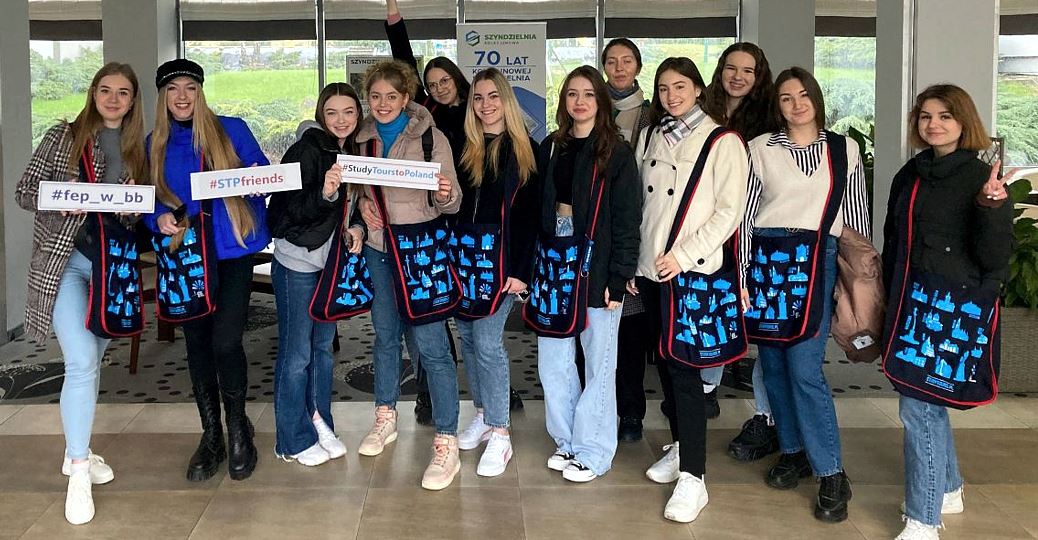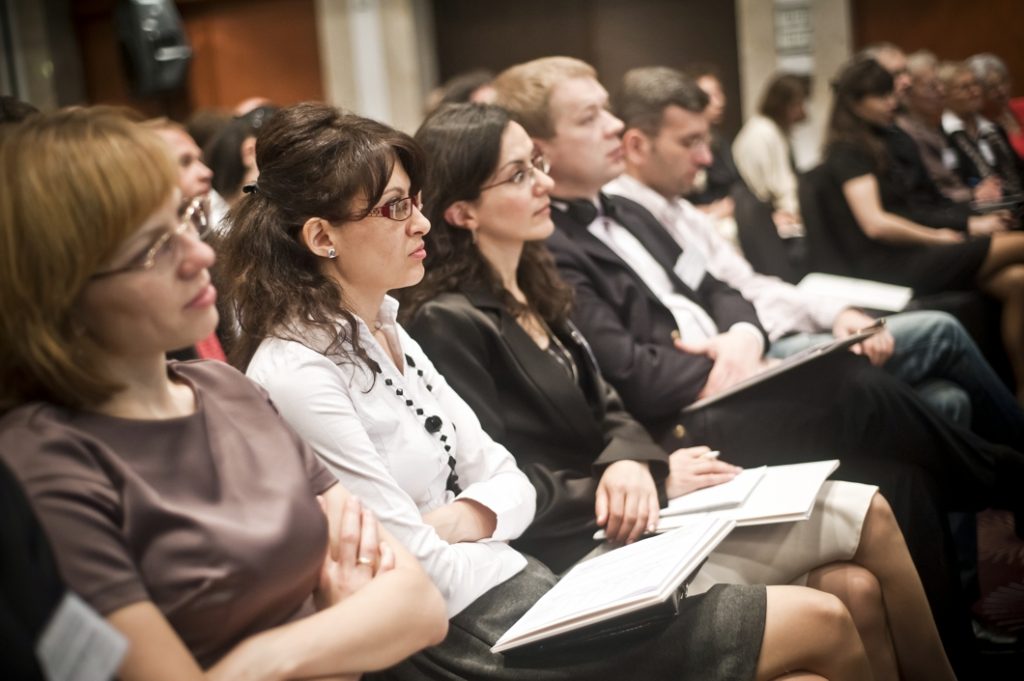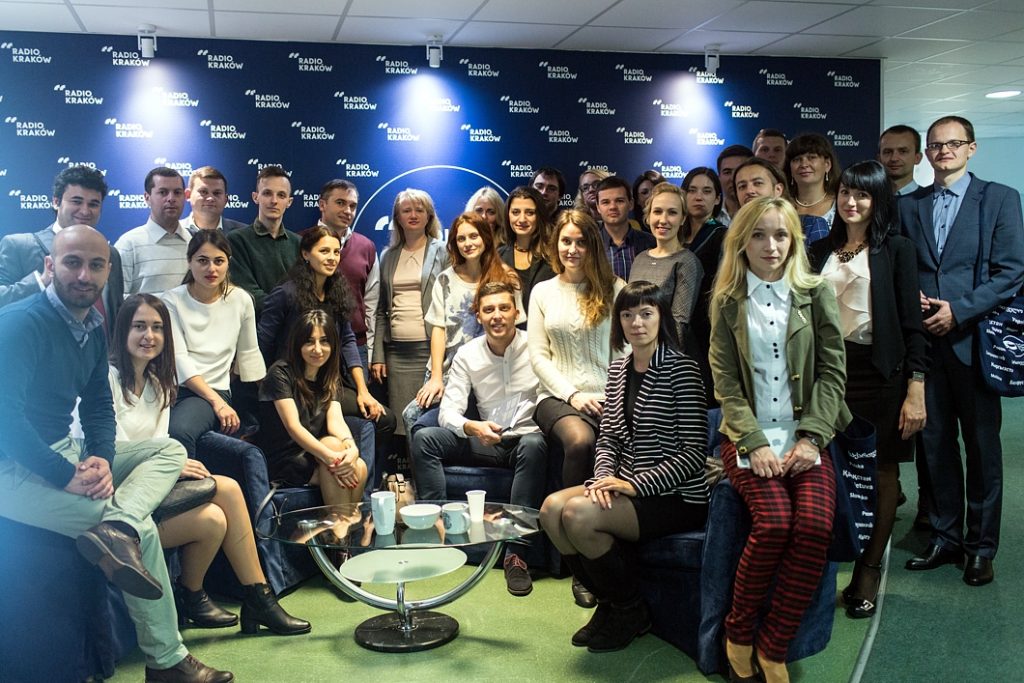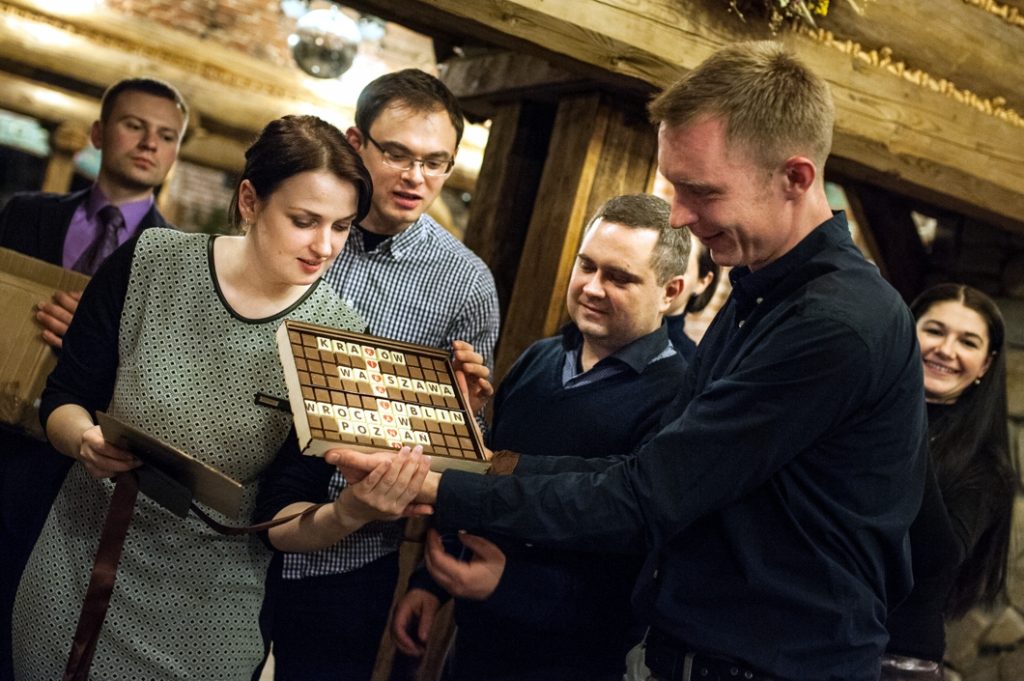The objective of this program, launched in 2000, is to share the Polish experiences in transformation and European integration with representatives of Eastern European countries, the South Caucasus, and Central Asia by offering them two-semester complementary courses at Polish universities.
The program is currently addressed to candidates from Armenia, Azerbaijan, Belarus, Georgia, Kazakhstan, Kyrgyzstan, Moldova, Tajikistan, Ukraine, and Uzbekistan.
In the course of their individual programs, the scholarship holders study selected aspects of economics and management, public administration and business, law, social and political sciences, journalism, NGO management or culture management. Starting from the 2023/24 academic year, the thematic scope of the scholarship was expanded to cover issues related to the recovery of war-stricken Ukrainian areas, e.g., urban planning, civil engineering, and forensic science.
The scholarship begins with a preparatory course, which aims to present and systematize knowledge about Poland’s history and the current socio-political situation. Scholarship holders then go on to attend their individual programs at universities in either Warsaw, Cracow, Poznań, Wrocław, or Lublin, where they write semester and diploma papers under the tutelage of their academic supervisors. Integration and knowledge-sharing meetings are organized for the scholarship holders, as well as internships in public, non-governmental, and private institutions (e.g. the Supreme Court, the National Bank of Poland, or regional marshal offices). Participants are also welcome to take part in classes concerning the preparation and execution of civic projects and teamwork.
In 2016 the Kirkland Research Program was launched. This is a one-semester offer of research and scientific internships for academics holding an established position in participating countries. Interns following this path write a scientific article under the supervision of their academic supervisor.
Each year, the program is attended by ca. 40 individuals. Over the years 2000-2025 the program was completed by 1,109 people from 13 countries (1,053 Kirkland Program scholarship holders and 56 Kirkland Research scholarship holders), including: 579 from Ukraine, 196 from Belarus, 75 from Georgia, 69 from Russia, 53 from Armenia, 34 from Kazakhstan, 27 from Moldova, 21 from Kyrgyzstan, 16 from Azerbaijan, 12 from Lithuania, 10 from Slovakia, 10 from Uzbekistan and 7 from Tajikistan.
The most popular faculties are economics and management, and law. Also, popular are social sciences, journalism, political sciences, and international relations. Academic staff, public institutions’ representatives and experts have accounted for the largest number of professionals coming to Poland.
After the program’s completion, the graduates keep in regular touch between themselves and with their Polish hosts through the bulletin, alumni reunions, and the www.kirkland.edu.pl website. The alumni conferences held every 4–5 years, help maintain alumni ties with Poland and with each other, as well as establishing new contacts. They also offer an opportunity to broaden alumni knowledge about Poland and the European Union, as well as to discuss possible directions of changes in countries of the region. Former scholarship holders are supported by the Coordinator of Post-Scholarship Projects, whose task is to maintain graduates’ contacts with Poland and encourage them to undertake joint initiatives, including those within their national alumni associations.
From the very outbreak of the war in Ukraine, launched by Russia’s aggression in February 2022, the program provides all Kirkland scholars currently staying in Poland with a broad informational and organizational support. Kirkland’s scholars have also been offered assistance in bringing their families to Poland. The Program Team strove to meet all individual and collective needs reported by Ukraine-based alumni. Among others, the program sent medication, medical equipment, and food. In just two weeks, nearly PLN 100,000 from the Kirkland Program budget was redirected toward humanitarian aid and coordinating aid efforts in Ukraine.
The Leaders of Change Foundation, Manager of the program, worked together with Kirkland alumni to raise funds and in-kind donations. These efforts enabled the equipping of three ambulances, which were delivered to Ukraine by Kirkland alumni currently residing in Poland.
Many former Kirkland scholars play a pivotal role in Ukrainian public administration, local government units, academia, institutions of culture, NGOs, business, and media. For example, former Deputy Prime Minister of Ukraine and Minister of Reintegration of Temporarily Occupied Territories, Iryna Vereshchuk, studied at the National School of Public Administration in Warsaw from 2015 to 2016.
Between 2001 and 2013 the Kirkland Program was managed by the Polish-U.S. Fulbright Commission. In the following period leading up to 2016, the Education for Democracy Foundation took over managing the program.
Since 2017 some of the Kirkland scholarships have been financed from funding provided by the Polish National Agency for Academic Exchange.
PAFF has disbursed $18.402,476, including $456,228 for the current edition.









